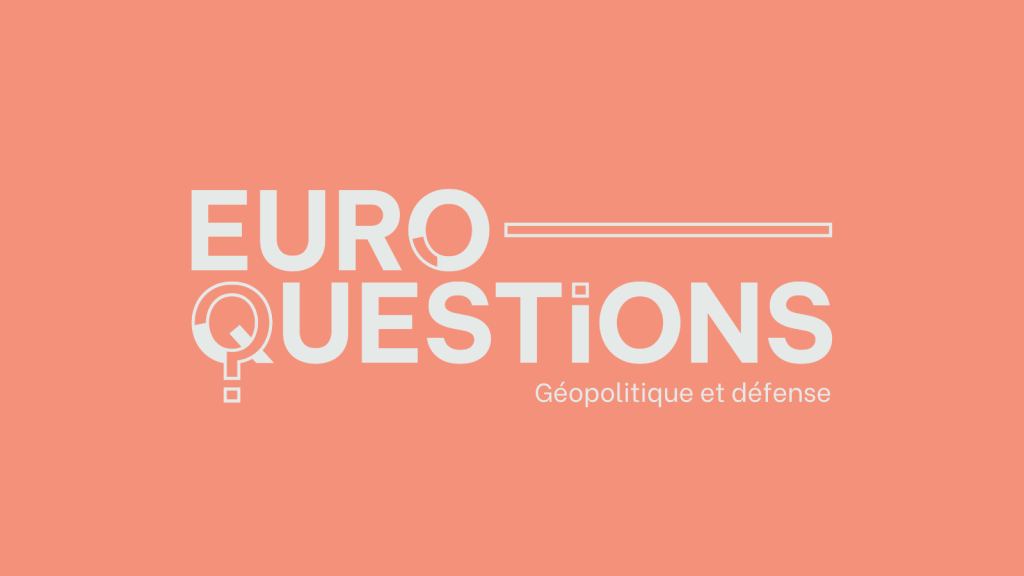[FR] Euroquestions #93 | The end of the Atlantic alliance

The end of the Atlantic alliance marks a historic turning point in transatlantic relations, exacerbated by growing tensions between the European Union and Donald Trump. The war in Ukraine has highlighted the deep divisions between the two partners, with Trump adopting a more isolationist stance and criticising European efforts and Ukrainian President Volodymyr Zelensky. Announcements of trade tensions have contributed to this rift, with the United States seeking to impose tariffs and restrictions. This situation has prompted the EU to reconsider its dependence on NATO and to consider alternatives to ensure its own security and defence. However, Europe’s ability to build an autonomous defence remains a major challenge. Military spending has certainly increased in response to the Ukrainian crisis, but it is often directed towards the purchase of American equipment, which limits strategic independence.
Furthermore, internal differences between Member States on defence priorities and long-term investment complicate the establishment of a common defence policy. The end of the Atlantic alliance could thus leave Europe vulnerable, requiring enhanced cooperation and a unified strategic vision to overcome these challenges. What is the relationship between the EU and the United States at this stage? What about nuclear protection? What are the links with the United Kingdom? Is this the end of NATO?
To discuss these geopolitical issues, we are pleased to welcome Nicole Gnesotto, Vice-President of the Jacques Delors Institute.
Watch the replay

